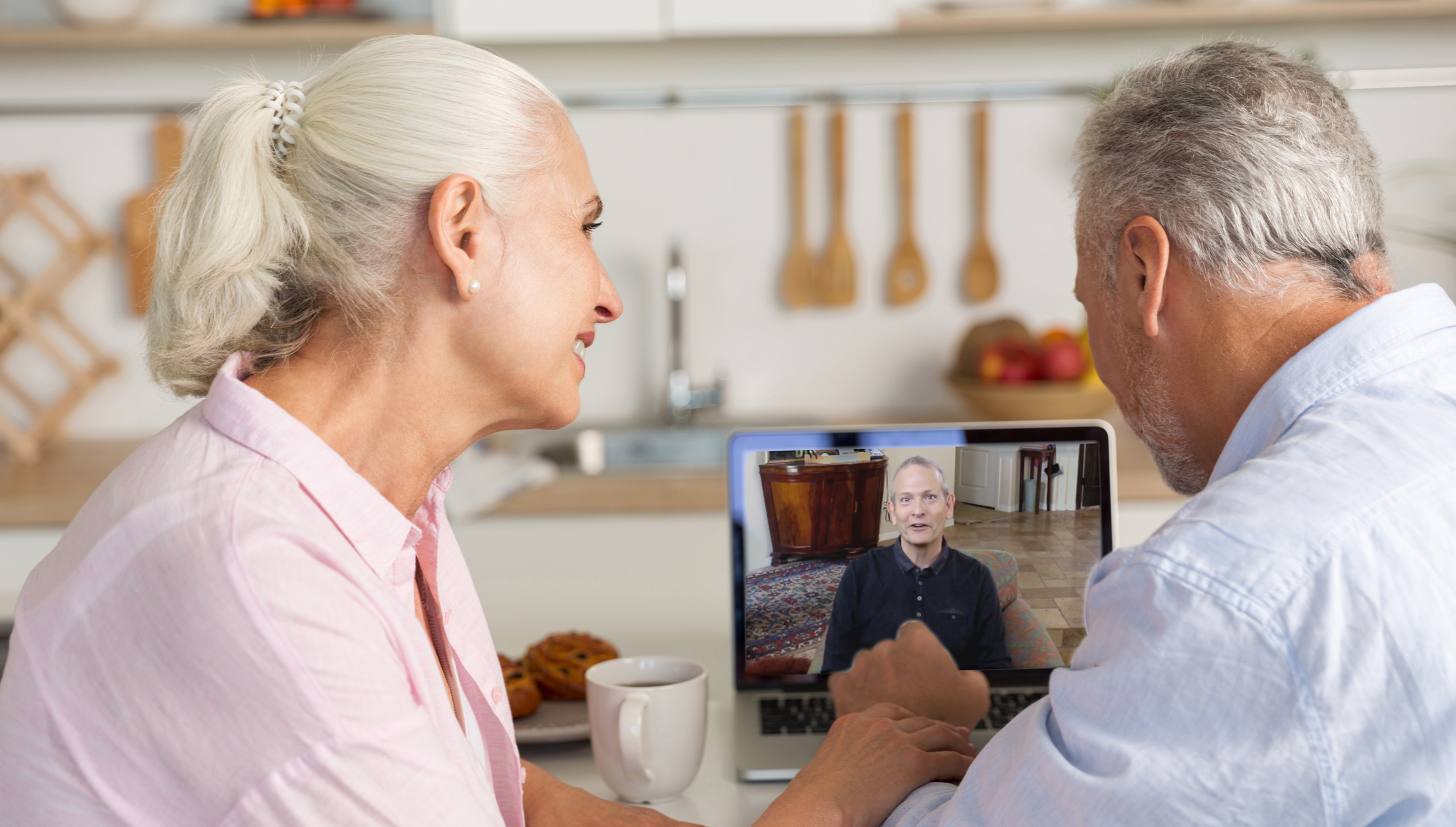The Advantages And Disadvantages Of Online Therapy Sessions
Do you want to try your hands on an online therapy session but are having some doubts on its effectiveness? We got you covered. If you want to find out the advantages and disadvantages of online therapy, you will surely find this article helpful. Without further ado, let’s start with the advantages first:
The possible advantages of online therapy
Online therapy provides its own advantages that are distinct over the standard face-to-face therapy treatment, which will be discussed below.

- Individuals in non-urban places or individuals with traveling problems could have a less difficult access to therapies.
- Online therapy can provide a sense of privacy. A lot of online therapy websites, applications, and platforms allow their users to use nicknames, which is handy for people who are shy about divulging their real identity.
- Since the majority of online therapy sessions are cheaper compared to face-to-face therapy.
- Booking an online therapy is easier and more convenient, often done online or via mobile applications.
- Less time consuming to therapists. Research has shown that online therapy sessions need a lesser amount of time compared to face to face therapy sessions, which means that more people can be treated by a single therapist.
- In a similar vein to the second advantage, you won’t have to be bothered about seeing friends and acquaintances while you are waiting in the lobby.
- For some people, it is easier to talk about their private lives when it is done online.
- People who are introverts, or those that are socially averse usually favor online therapies than face to face therapies. This extends to people with social anxiety too, and just anxiety in general.
The possible disadvantages
Online therapy sessions are not applicable to everyone. Below are a few possible dangers and disadvantages of online therapies.

- Online therapy is hardly suited for suicidal individuals, or people suffering from serious mental conditions like psychosis.
- A therapist will not notice body language and other clues that can be pretty important to determine the physical and mental well being of a person. This disadvantage can be negated by using video call, although it can be not effective especially if the camera feedback is grainy or pixelated.
- Disruptions can be a barrier. Slow signals, especially during a video call or phone call can have a negative effect on the success of the therapy treatment.
- The online therapists might not have the proper licenses and certifications to deal with a certain type of problem.
- Shady websites can share your data with advertisers. Sometimes, even reputable therapy platforms can have their data leaked, which is a huge privacy issue that can lead to further stress and anxiety on the client’s part.
- Trust and proper relationship between the therapist and the client will have a harder time developing compared to face to face meetings.
- An online therapist cannot provide assistance in case an emergency occurs.

